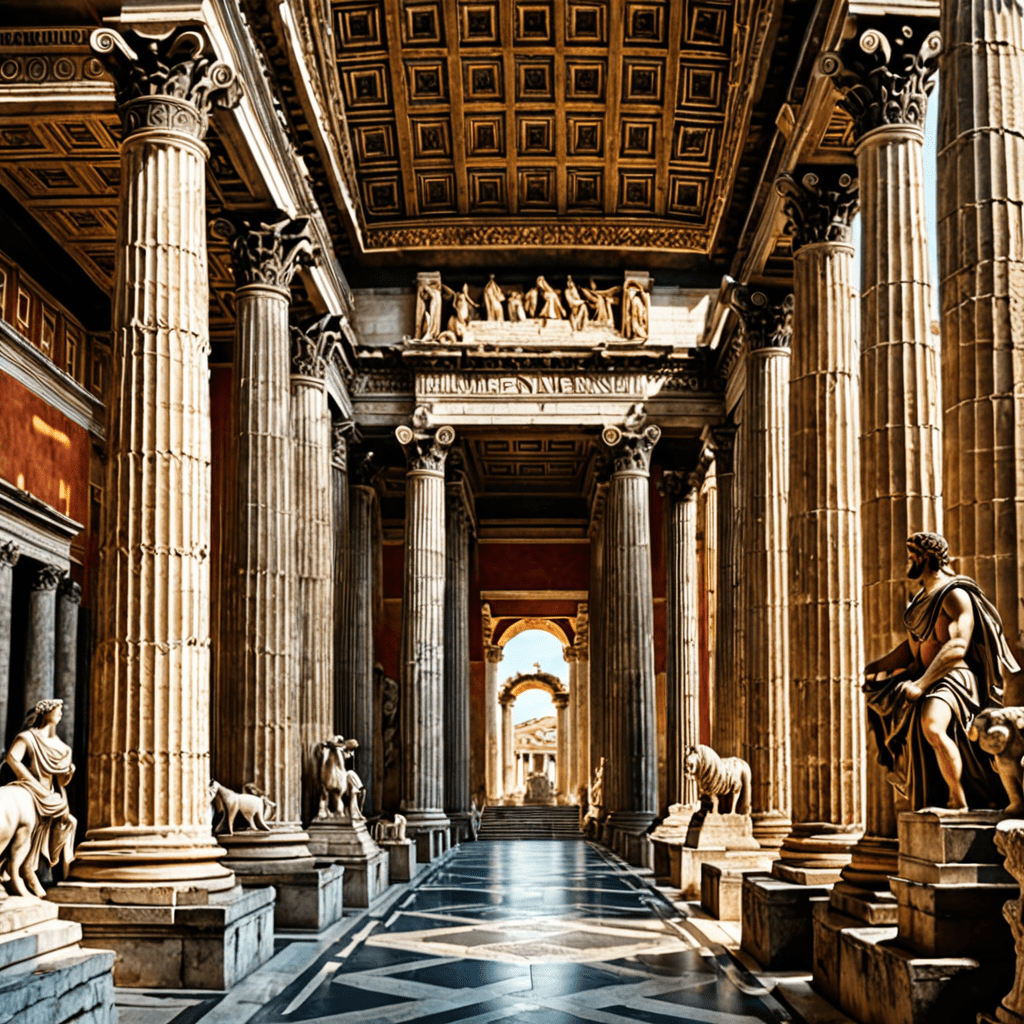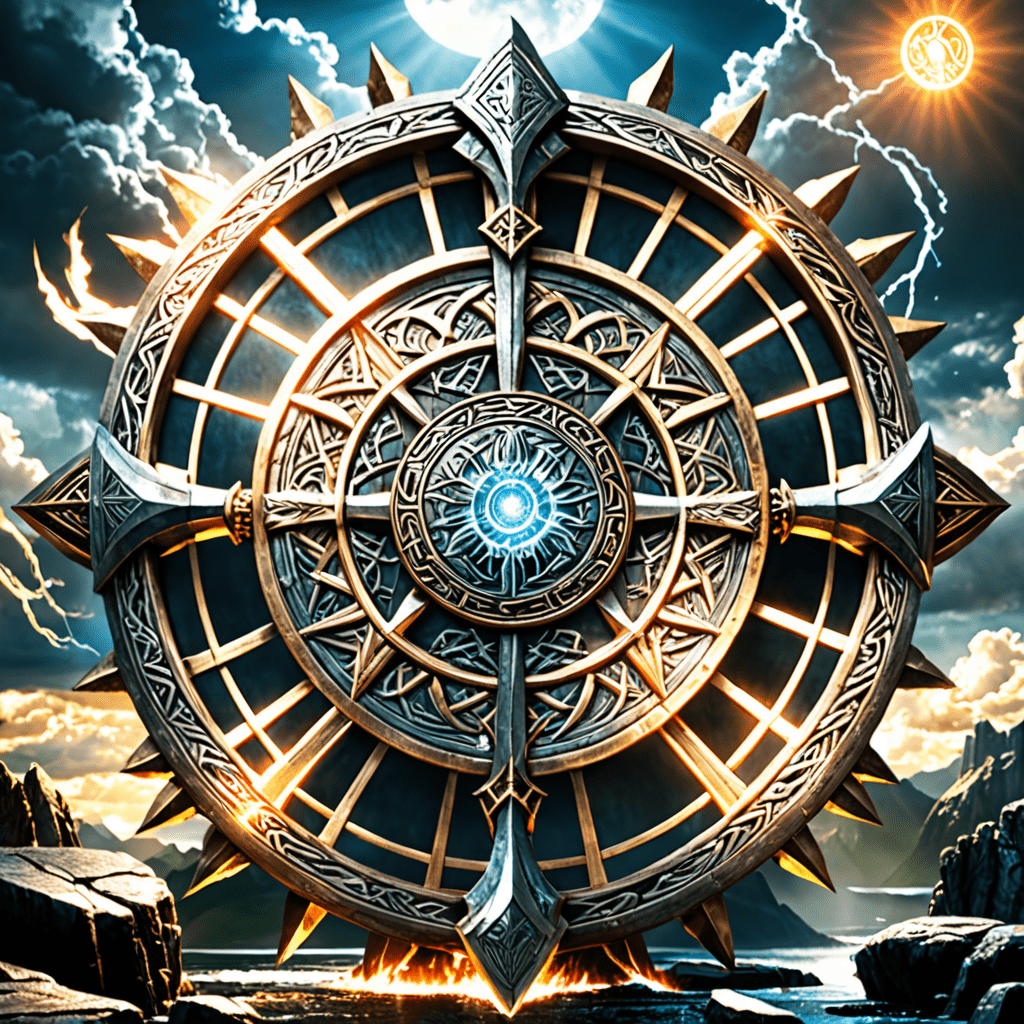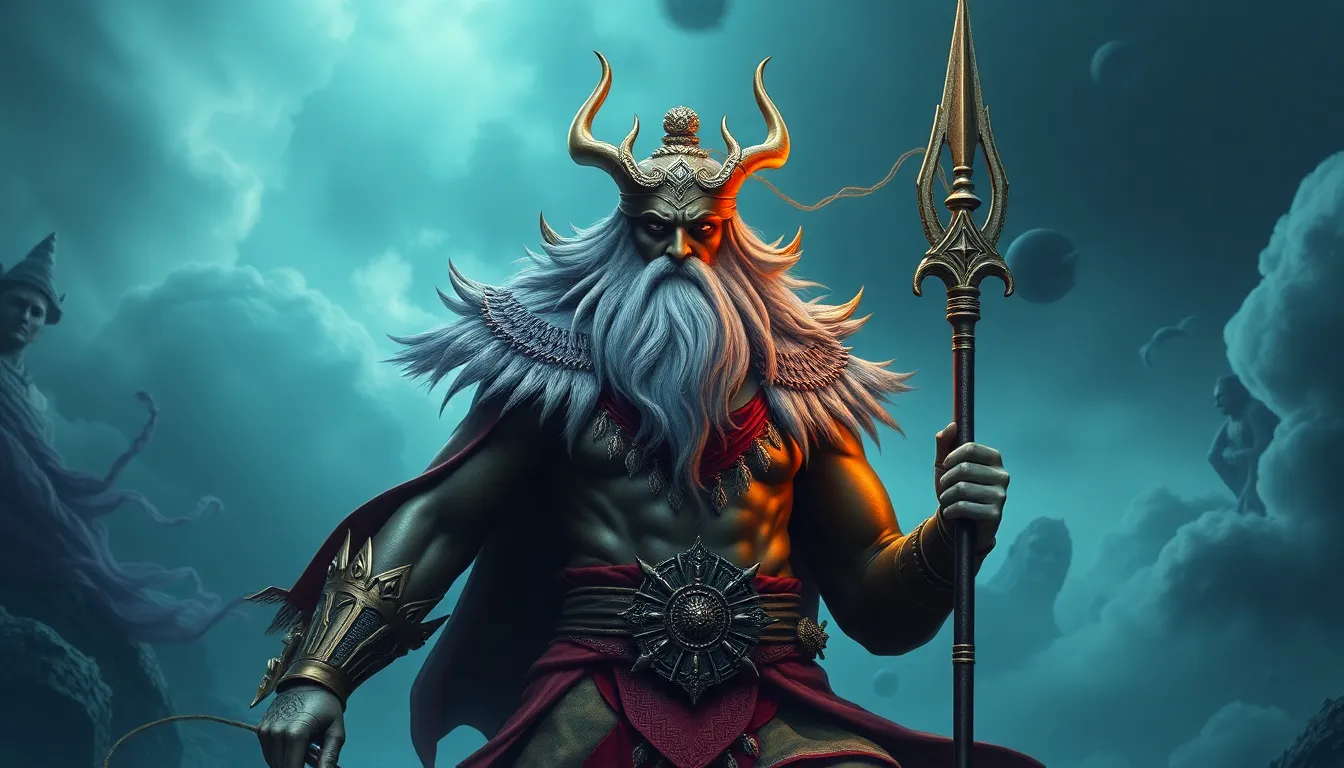Roman Mythology: Gods of Wisdom and Knowledge
In Roman mythology, the gods associated with wisdom and knowledge played essential roles in guiding the mortal world and aiding individuals in various aspects of their lives. Let’s delve into the fascinating realms of these deities and their symbolic significance in ancient Roman culture.
1. Minerva
Minerva, the Roman goddess of wisdom and strategic warfare, is often depicted with attributes of knowledge, strength, and the arts. She was believed to inspire inventions, protect craftspeople, and govern learning and trade. Many Romans revered Minerva as the embodiment of intelligence and creativity. Temples dedicated to her were centers of academic pursuit and wisdom-seeking.
2. Apollo
In Roman mythology, Apollo was the god of music, prophecy, healing, and light. His wisdom extended to spiritual enlightenment, artistic inspiration, and the power to foresee the future. Apollo’s oracle at Delphi was a renowned sanctuary where individuals sought his divine counsel and guidance, elevating him as a symbol of intellectual prowess and foresight.
3. Mercury
Mercury, also known as Hermes in Greek mythology, was the messenger of the gods and the deity of trade, eloquence, communication, and travel. Beyond facilitating transactions and journeys, Mercury represented mental agility, cunning, and cleverness. His role as an intermediary between realms made him a deity associated with acquiring knowledge, adaptability, and quick thinking.
4. Janus
Janus was a unique Roman god of beginnings, transitions, gates, and endings. As the god of doorways and passages, Janus symbolized the dual nature of concepts and decision-making. His wisdom lay in overseeing transitions and guarding thresholds, reflecting the complexity of choices and entering new phases of life. Janus exemplified the balance between looking back at the past and forward to the future.
These gods of wisdom and knowledge in Roman mythology exemplify different facets of intellectual and intuitive understanding. Their influence permeated various aspects of Roman life, from education and arts to commerce and decision-making. Understanding the roles and symbolism of these deities enriches our appreciation of ancient Roman beliefs and the importance they placed on intellectual pursuits and foresight.
FAQs about Roman Mythology: Gods of Wisdom and Knowledge
Who are the main Roman gods associated with wisdom and knowledge?
In Roman mythology, the primary deities linked to wisdom and knowledge are Minerva and Apollo. Minerva is the goddess of wisdom, strategic warfare, and sponsor of arts, trade, and strategy. Apollo, known for music, poetry, healing, and prophecy, is also revered for his wisdom and knowledge.
What attributes and symbols are commonly associated with these gods?
Minerva is often depicted with an owl, symbolizing wisdom, and wearing a helmet or shield. Apollo is associated with the lyre, laurel wreath, and the tripod of the Oracle of Delphi. The laurel wreath signifies victory and knowledge, while the lyre represents poetry and music.
How were these gods honored in ancient Roman society?
Minerva was greatly revered in Rome, with festivals like the Quinquatrus celebrated in her honor. Apollo was also worshipped through events like the Ludi Apollinares. Both gods had temples and altars dedicated to them, where Romans offered prayers and sacrifices to seek wisdom, knowledge, and guidance.
Are there any myths or stories involving these gods showcasing their wisdom?
One famous myth involves Minerva besting Neptune in a contest to be the patron deity of Athens by creating the olive tree



